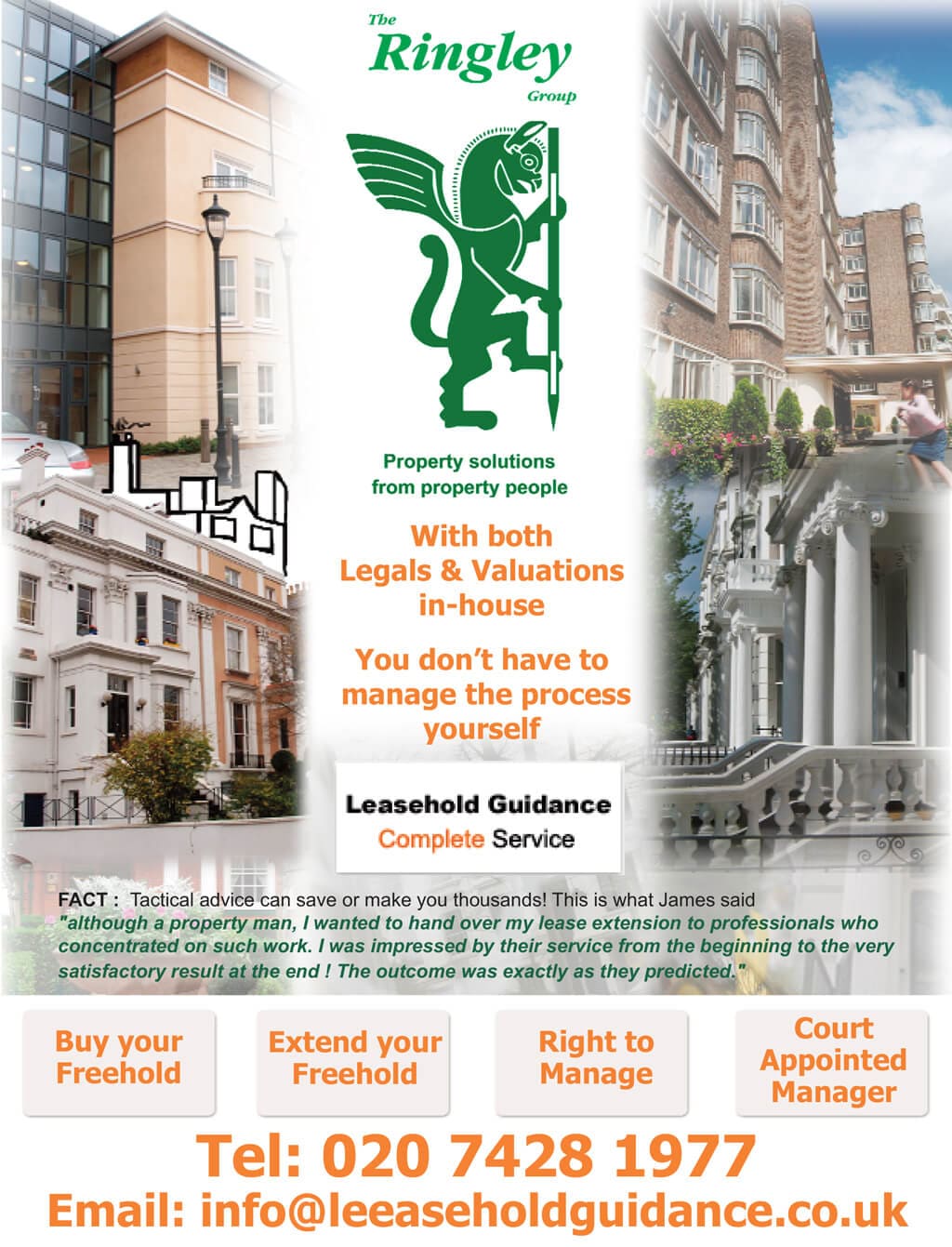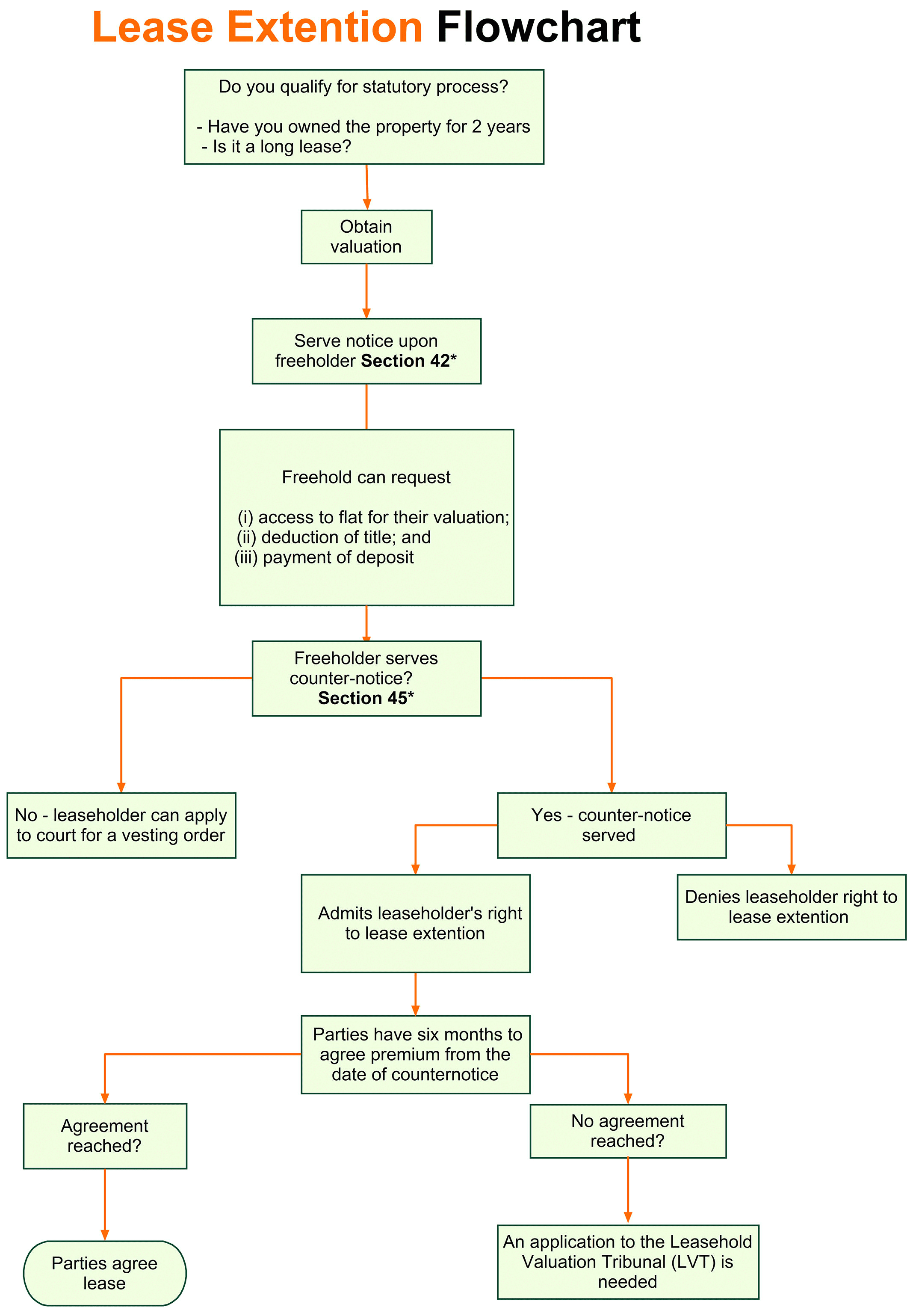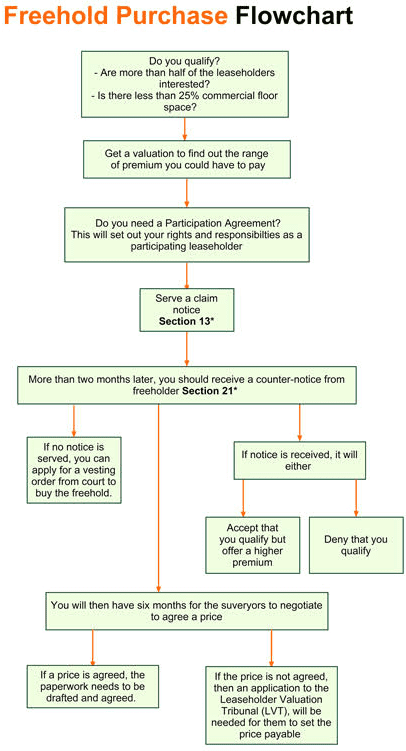Enfranchisement is a specialist field and our Valuation Surveyors are abreast of yields, capitalisation rates and caselaw
We provide professional assistance to those seeking a residential lease extension and freeholders facing loss of ground rent seeking to maximise their premium.
Lease extensions
If you're a leaseholder, then at some point you'll likely need to know about lease extensions.
Since 1993, qualifying leaseholders have had the legal ability to extend their lease. Leases will continue to get shorter, and in some parts of London, 40-60 year leases are common.
Leaseholders are increasingly benefiting from changes in the law. Qualification conditions, for example, have been relaxed, and it is no longer essential to live in the flat for three years or to complete three qualifying periods. To qualify, you must hold the lease for two years, although you do not have to live in the flat and can own it through a company.
What is a lease extension?
Lease extensions are a way for leaseholders to extend their lease agreement with their landlord.
Generally, you should extend your lease if you want to stay in the property for a longer period of time. However, there are some exceptions - for example, if your landlord is selling the property or planning to redevelop it. In these cases, you may not be able to extend your lease.
How do I go about extending my lease?
In order to extend your lease, you will need to contact your landlord and let them know of your intentions. If they agree to the extension, they will need to apply for a lease extension under section 42 of the Leasehold Reform, Housing and Urban Development Act to extend your lease and could be forced to move out.
What are the benefits of lease extensions?
If you're a leaseholder, it's important to know your rights and what you can do to extend your lease. Lease extensions are a great way to stay in your property for longer and avoid having to go through the process of buying it outright.
There are a number of benefits to lease extensions, including:- Staying in your property for longer
- Increased security and stability
- Reduced costs in the long run
- Avoiding having to go through the process of buying the property outright.
Why are Lease Extensions important?
Lease extensions are crucial since they allow leaseholders to stay in their property for longer and avoid the hassle of purchasing it outright. They provide leaseholders with security and stability, and can save them money in the long run. Lease extensions are a great way to protect your investment in property.
If you're a leaseholder and would like to learn more about lease extensions, please contact our team for more information. We can help you understand your rights and guide you through the process of extending your lease.
Extending your lease has been a legal right to qualifying leaseholders since 1993. To claim your statutory lease extension you need to have owned the lease for 2 years* (personally or through your company). Claiming a statutory lease extension requires serving a formal legal notice on the Freeholder and all intermediate landlords. You can also serve notice then sell your right to extend your lease to a new purchaser so they don’t have to wait 2 years to qualify.
A statutory lease extention gets you:
- 90 extra years
- Your ground rent reduced to a peppercorn
Tips on choosing your Valuer and Solicitor
Leasehold enfranchisement is a complex area and we have a whole website www.leaseholdguidance.co.uk written to guide consumers through the various complex processes.
Here are some Questions that should help you find out if your Valuer is really an expert
- What decisions have affected investment yields?
- Can you explain your methodology in yields selection?
- What happens after the valuation?
- How many cases are settled without recourse to the tribunal?
- Is your valuation report sufficient to enable private negotiations?
- What is your fee structure for negotiations?
- What is your experience of presenting at Tribunal?

Articles on Lease Extensions
Freehold purchase
Also known as "collective enfranchisement" freehold purchase is the process that enables groups of leaseholders to club together and force the freeholder to sell them the freehold.
To claim your right to buy the freehold you need:
- 50% of leaseholders participating
- to set up an (right to enfranchise)RTE company,
- 75% of the buildings to be in residential use
If you can't raise the money to buy the freehold why not consider claiming your right to manage, find out more about right to manage now

Articles on Freehold Purchase

How Ringley Can Help
We provide professional assistance to those seeking a residential lease extension and freeholders facing loss of ground rent seeking to maximise their premium.
Enfranchisement is a specialist field and our Valuation Surveyors are abreast of yields, capitalisation rates and case law.
For more information on how we can help, get in touch with us today.















